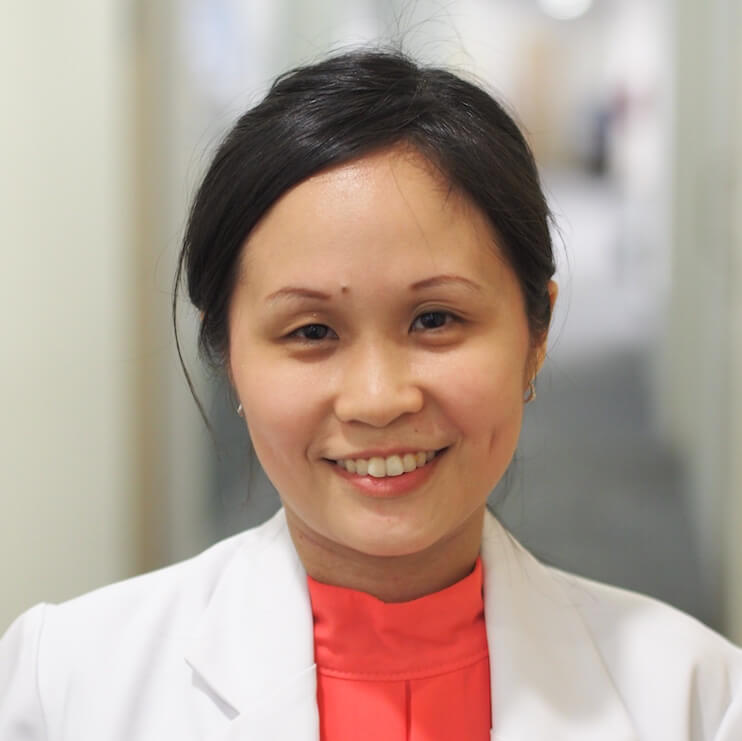Putting on a few pounds and increasing waistline may seem innocuous, or even inevitable, to many working adults. The reality is, adult weight gain is associated with heightened health risks. After your early twenties, these extra pounds increase your chances of developing diseases such as high blood pressure, heart attack, diabetes, gallstones etc. Among Singapore residents aged 18 to 69 years, 1 in 3 has high blood cholesterol and 1 in 5 has high blood pressure (MOH 2017 statistics).
While age-related weight gain can be tied to a multitude of factors, ultimately it boils down to our eating habits and lifestyle:
Sedentary/inactive lifestyle
Most of us spend at least half of our waking hours working, and for many people that involves excessive sitting. Prolonged sitting has its risks. People who sit for long hours not only have higher risks of developing diabetes, heart disease and cancer, but may also die earlier. In addition, with affordable car hire services becoming mainstream, we tend to walk less and hence burn fewer calories in our daily lives.
Access to food
With food courts and hawker centres strategically spread across the island, most people choose to eat at these food centres for its convenience and affordability. In recent years, we can even order food from the luxury of our homes and offices. The ability to have access to food so easily makes us less motivated to prepare our own meals which are, generally speaking, healthier than dining out. Weight gain is the price of convenience.
Exposure to stress
An intense, high-strung work life increases our cravings for sugary drinks, high-fat food and snacks laden with salt. These foods and drinks may make us feel better for a short while, but we feel worse soon after when the guilt of stress eating hits us.
Choosing the right foods can help us maintain a healthy weight, live longer and stay healthy. A healthy diet along with lifestyle habits (i.e. exercise, avoid smoking) can prevent 80% of heart attacks, 90% of type 2 diabetes and 70% of colorectal cancer. A healthy diet during pregnancy can also protect a baby from some birth defects and some chronic diseases in his/her adulthood. Given that all the lifestyle changes and food temptations will influence our food choices, how can we overcome these and maintain a healthy weight?

Weight gain: Here is what you can do:
Be a mindful eater
- Eat slower. Give your brain some time to register that you are full.
- Observe your body cues, stop eating before you feel stuffed.
- Learn to say no and avoid ordering too much food or putting too much food on your plate.
- Choose plain water, low-fat dairy beverages and unsweetened drinks to keep yourself hydrated for the day.
- Make gradual, positive changes to your eating habits.
Be active
- Exercise builds muscle and burns fat. The more muscle you have, the more calories you burn and the easier to maintain or lose your weight.
- Take the stairs instead of lifts and escalators.
- Use an adjustable laptop stand or a standing table.
Acknowledge and manage emotional eating
- Identify triggers of stress and address the source of stress with the help of your family, friends or colleagues.
- Find alternatives to food that you can turn to for stress relief, e.g. talk to a friend, go for a walk, play your favourite music, read a book or magazine.
- Try journaling. Penning down your feelings will help you feel better.
- Bake your favourite treats (choose healthier recipes) and share with your family and friends.
- If you really crave for some unhealthy food, go for mini or bite-size treats. Choose a dark chocolate instead of white or milk chocolate, go for frozen yogurt (limit sauces/toppings) instead of ice cream, opt for kacang puteh (garbanzo beans)/groundnuts/baked veggie chips/baked rice crackers instead of potato chips.
Let food be thy medicine and medicine be thy food
Hippocrates
References:
- Willett, W. C., & Skerrett, P. J. (2011). Eat, Drink, and Be Healthy: The Harvard Medical School Guide to Healthy Eating (Reprint edition). Free Press.
- Biswas, A., Oh, P. I., Faulkner, G. E., Bajaj, R. R., Silver, M. A., Mitchell, M. S., & Alter, D. A. (2015). Sedentary Time and Its Association With Risk for Disease Incidence, Mortality, and Hospitalization in Adults: A Systematic Review and Meta-analysis. Annals of Internal Medicine, 162(2), 123. https://doi.org/10.7326/M14-1651
At Jaga-Me, we believe that healthcare should be a social good – it is a basic human need, and should be available to as many people as possible. We aim to deliver the highest quality care through innovation and a commitment to building meaningful relationships.
Save travelling and long wait times at the hospitals. Get specialised medical treatments:
– Urinary Catheterisation
– Complex Wound Care
– Nasogastric (NG) Feeding Tube
– IV Infusion Therapy
Jaga-Me: Your Trusted Medical Home Care Professional





